 The ECS Board of Directors chartered a new ECS section on October 16, 2020. With the addition of the ECS Pacific Northwest Section, the Society now hosts over 24 region-specific sections providing opportunities for regional scientists and engineers to connect with researchers and participate in various events. Jie Xiao, ECS Fellow and Battery Division Secretary, took the lead in chartering the section and now serves as its chair.
The ECS Board of Directors chartered a new ECS section on October 16, 2020. With the addition of the ECS Pacific Northwest Section, the Society now hosts over 24 region-specific sections providing opportunities for regional scientists and engineers to connect with researchers and participate in various events. Jie Xiao, ECS Fellow and Battery Division Secretary, took the lead in chartering the section and now serves as its chair.
The ECS Pacific Northwest Section seeks to connect all interested parties from academia, industry, and government, and bridge a scientific gap while providing networking opportunities that could lead to new developments—and help members advance their careers. The section serves all of the universities and national labs in Washington State, Idaho, and Oregon. Xiao believes the section will bolster the growth of the electrochemistry and solid state science fields in the Pacific Northwest. (more…)


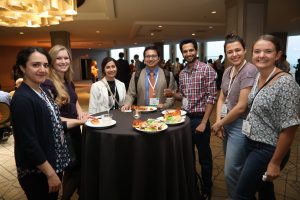 The student chapter program continues to expand because students around the world are excited to join ECS’s global community. On October 16, 2020, the Board of Directors approved the chartering of six new student chapters.
The student chapter program continues to expand because students around the world are excited to join ECS’s global community. On October 16, 2020, the Board of Directors approved the chartering of six new student chapters.  ECS congratulates
ECS congratulates 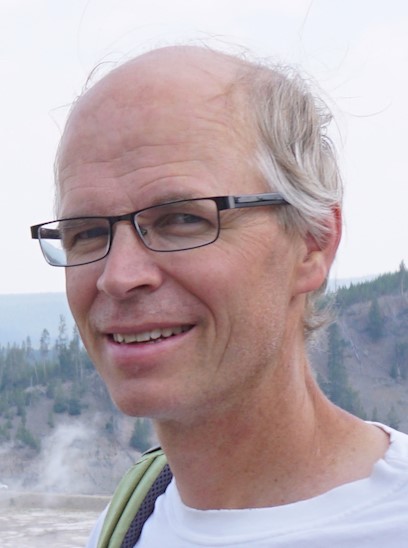
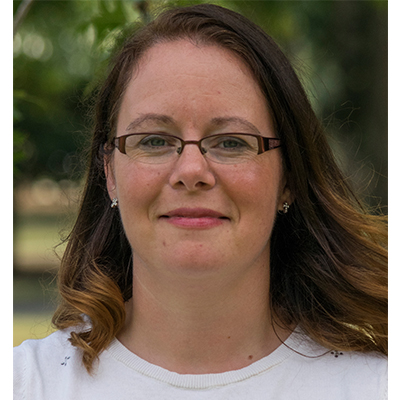 For our series, The ECS Community Adapts and Advances, Alice Suroviec describes pandemic-related challenges—and benefits—of being a mother, professor, scientist, researcher, administrator, homeschooler, and crisis manager.
For our series, The ECS Community Adapts and Advances, Alice Suroviec describes pandemic-related challenges—and benefits—of being a mother, professor, scientist, researcher, administrator, homeschooler, and crisis manager. 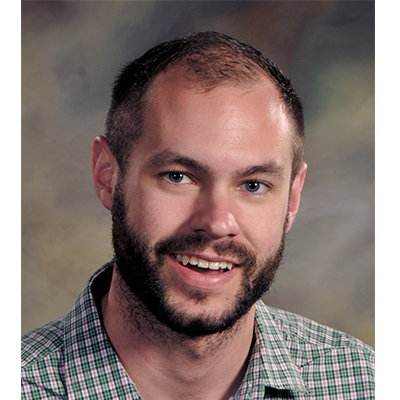 In our series, The ECS Community Adapts and Advances, Jeffrey “Jeff” Henderson opened up about what he and his colleagues are worrying about—and some tips to getting through this unprecedented period.
In our series, The ECS Community Adapts and Advances, Jeffrey “Jeff” Henderson opened up about what he and his colleagues are worrying about—and some tips to getting through this unprecedented period. 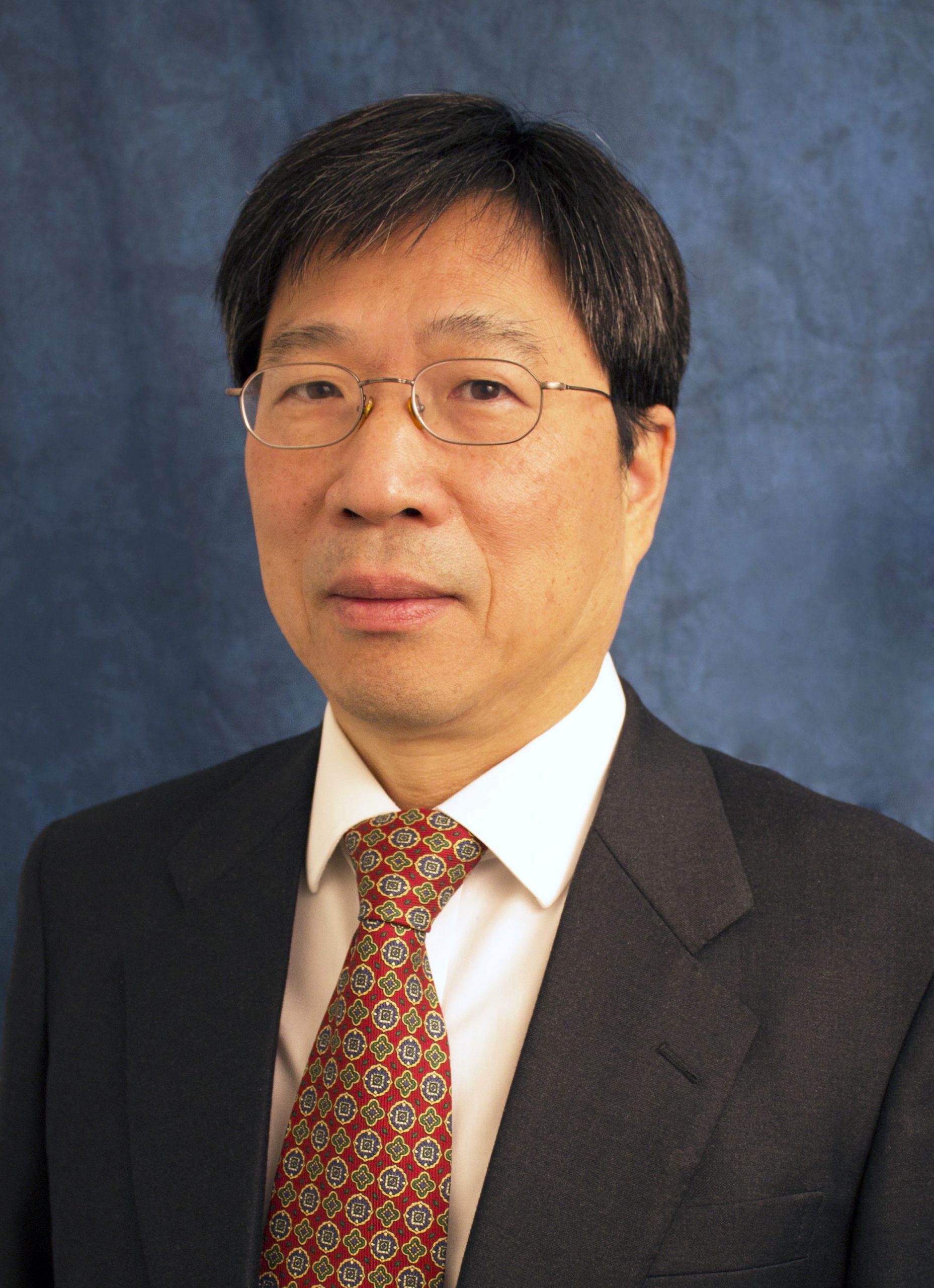 In our series, The ECS Community Adapts and Advances, Yue Kuo talks about the role of ECS members in solving humanity’s grand challenges, including the pandemic. Yue holds the Dow Professorship in the Artie McFerrin Department of Chemical Engineering with a joint appointment in the Department of Electrical Engineering and Department of Materials Science and Engineering at Texas A&M University (TAMU). After receiving his BS from National Taiwan University in 1974,
In our series, The ECS Community Adapts and Advances, Yue Kuo talks about the role of ECS members in solving humanity’s grand challenges, including the pandemic. Yue holds the Dow Professorship in the Artie McFerrin Department of Chemical Engineering with a joint appointment in the Department of Electrical Engineering and Department of Materials Science and Engineering at Texas A&M University (TAMU). After receiving his BS from National Taiwan University in 1974, 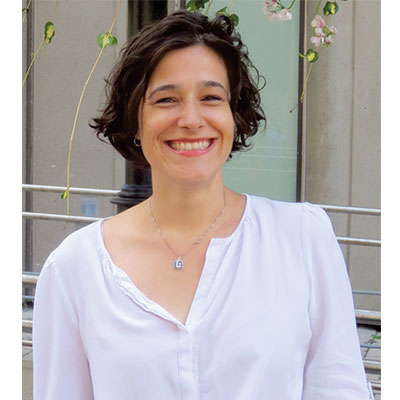 In our series, The ECS Community Adapts and Advances, Janine Mauzeroll reflects on balancing professorship and motherhood while home schooling and dealing with loss. Janine is Associate Professor of Chemistry at McGill University, Canada. She received her PhD at the University of Texas at Austin, US, and did her postdoc at the Université de Paris, France. Her research group studies electron transfer reactions using electrochemical and biochemical methods and scanning electrochemical microscopy to study transport events in and out of human cancer cells. Janine serves as technical editor for the organic and bioelectrochemistry (OBE) technical interest area of the Journal of The Electrochemical Society.
In our series, The ECS Community Adapts and Advances, Janine Mauzeroll reflects on balancing professorship and motherhood while home schooling and dealing with loss. Janine is Associate Professor of Chemistry at McGill University, Canada. She received her PhD at the University of Texas at Austin, US, and did her postdoc at the Université de Paris, France. Her research group studies electron transfer reactions using electrochemical and biochemical methods and scanning electrochemical microscopy to study transport events in and out of human cancer cells. Janine serves as technical editor for the organic and bioelectrochemistry (OBE) technical interest area of the Journal of The Electrochemical Society. 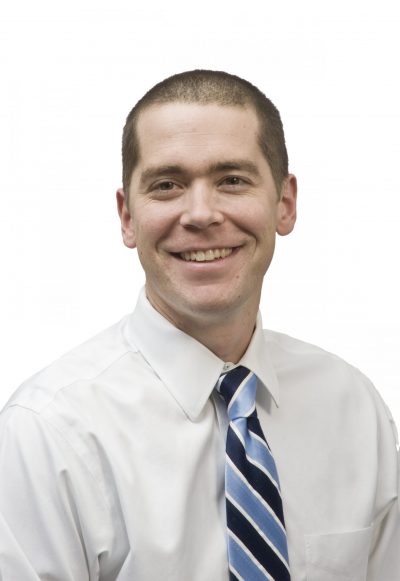 Chris Beasley and Gamry step up to today’s challenges
Chris Beasley and Gamry step up to today’s challenges